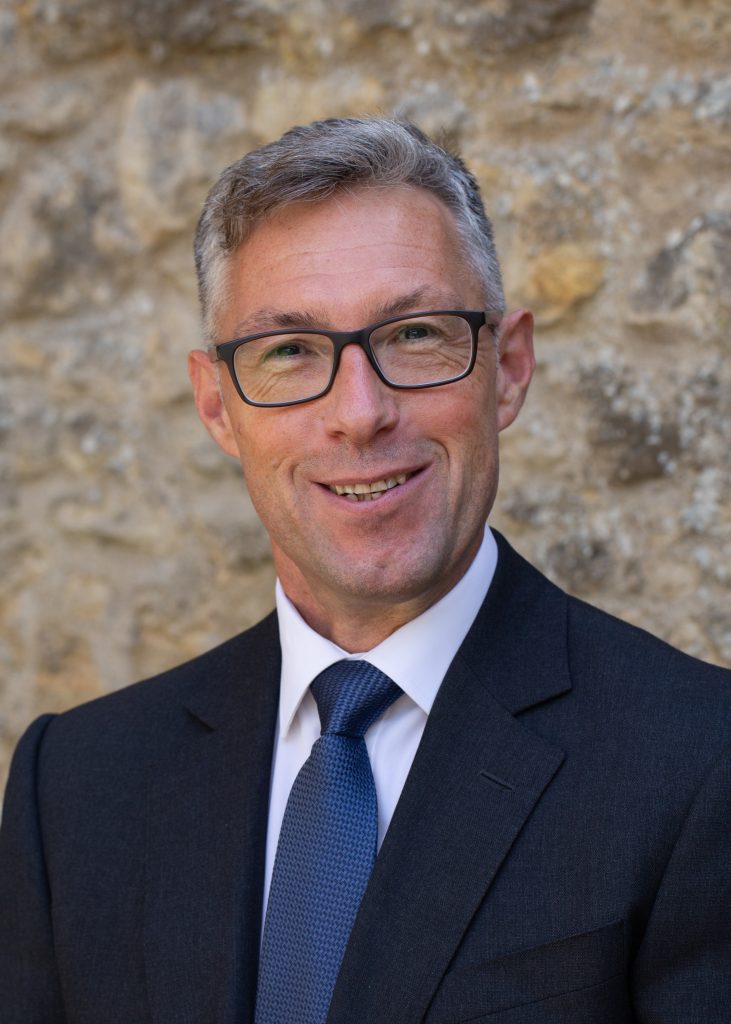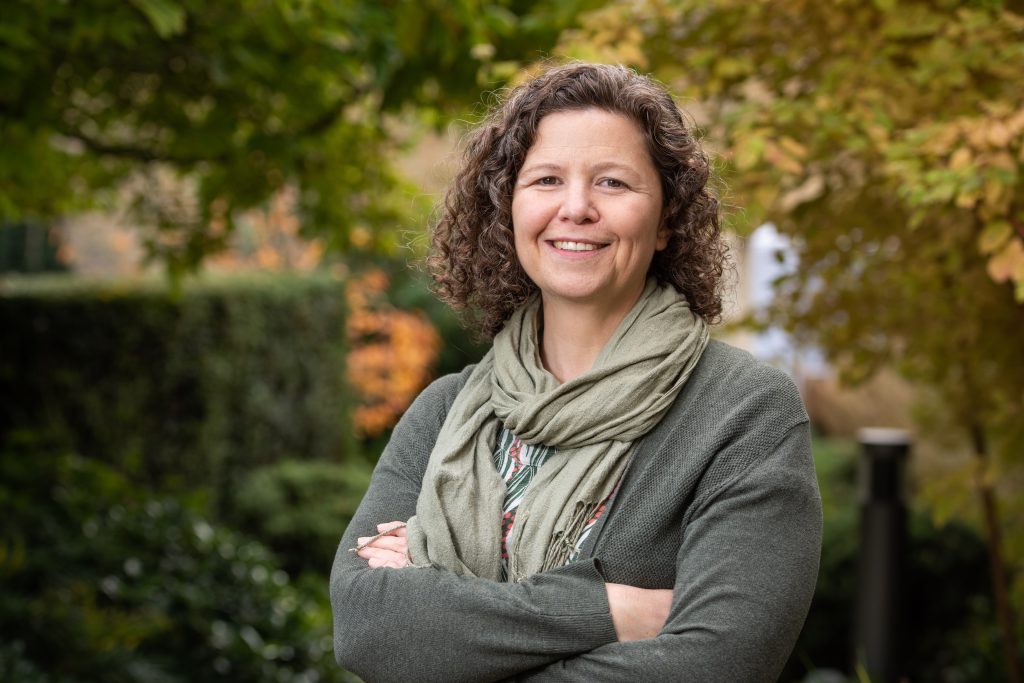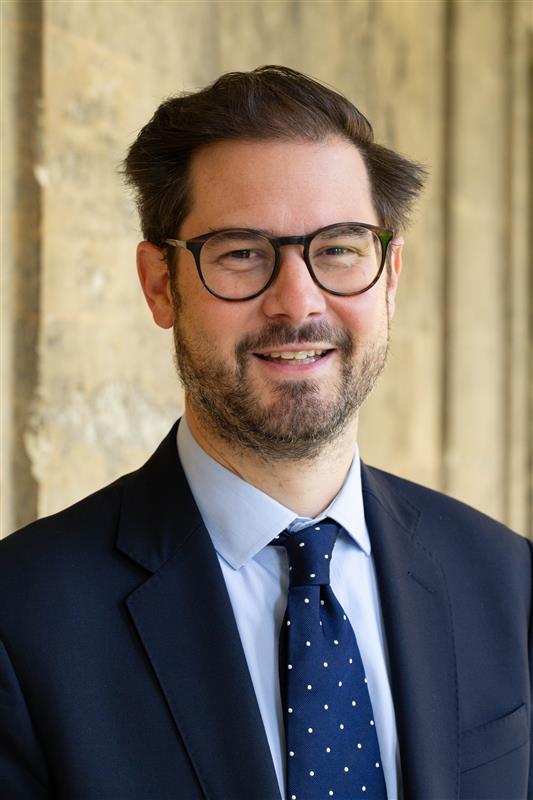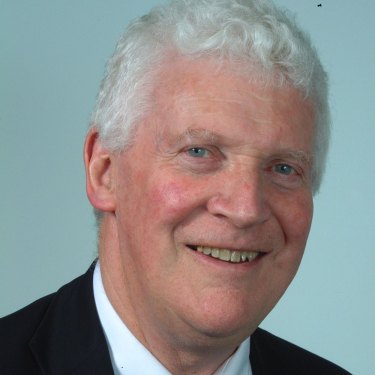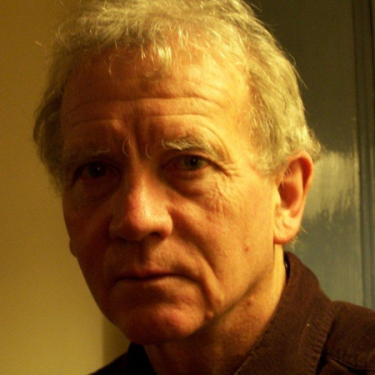I graduated from Southampton University in 1968 with degrees in Physics and lectured in Physics at Imperial College until 1984 when I joined Philips Research (UK) after a short period of secondment. After four years of research on semiconductors and devices I came to Oxford in 1988 when I was appointed to a Tutorial Fellowship at Queen’s and University Lectureship in Engineering Science.
I built up the student intake to the College for Engineering and added Materials Science, which resulted in the appointment of Professor Keyna O’Reilly in 2002, when I left to set up the Begbroke Science Park for the University, retaining a Research Fellowship with the College. During the time I was a Tutorial Fellow, I spun off three companies from my research group. Opsys was founded by two post-docs and made organic light emitting displays and it was taken over by Cambridge Display Technology in 2002/3; Oxonica was formed in 1999 and went on to make doped titanium oxide nanoparticles for sunscreens and cerium dioxide nanoparticles for diesel fuel additives. The company is fairly dormant today and simply collects revenues. In 2000 with my Chemistry Colleagues Professor Allen Hill FRS and Professor Luet Wong we set up Oxford Biosensors that was making a point-of-care test for markers for cardiac risk. We didn’t quite make it to market and the company folded in 2008.
I built up the Begbroke Science Park from scratch and this resulted in what was at the time a very new and different Science Park. My vision was to have spaces for new spin-off companies and laboratory space for Departments, to relieve the congestion in the Science Area in town. This vision was not shared by everyone! …but it worked very well and has been copied in many universities and is now firmly established as part of the University’s infrastructure.
Whilst I was Director of the Science Park, I sat on several EPSRC committees and was the Advisor on Nanotechnology to the Research Councils between 2009 and 2013 and I received recognition for my contribution to Science and Engineering with the award of an OBE in 2013.
After being forced to retire as Director of the Begbroke Science Park by the University because of my age in 2013, I took on several responsibilities: Senior Principal Fellow at Warwick Manufacturing Group 2013-2018, Chair of the Industrial Advisory Board, Bristol University (Physics)(2013-2018), Visiting Professor King’s College London (Physics and Engineering) 2014-, Visiting Professor UCL (Engineering) 2016-. I have sat on several EPSRC committees and now concentrate on being a member of the UKRI Strategic Advisory Board on Quantum Technology and the STFC “Challenge Led Applied Systems Programme”. I still teach on the Continuing Education online course on Nanomedicine which I helped to set up. I also give courses on Innovation to the Mathematics and Physical Sciences Division (which I adapt to suit the other universities too).
I also divide my time in assisting research students and post-docs in the various universities (I am either a co-PI or advisor on several projects), and in assisting start-up companies and consulting for companies. Since I have no laboratory facilities any more in Oxford, because of the EJRA, I have set up a small laboratory at home and have use of laboratory facilities elsewhere.
My interests are broad. I retain an interest in basic Physics, especially in electromagnetic effects from extremely low frequencies to optical frequencies, especially plasmonic effects. I am currently looking at the electrical impedance of plants, which is a new interest of mine. I work on new methods of synthesis of nanoparticles, for several specific applications. I also work on biosensors and have an association with groups developing several types of sensor for virus detection. I also collaborate with the Chemistry Dept in Oxford (Professor Peter Edwards) on several energy projects: recovering chemicals from waste plastic, stripping hydrogen from hydrocarbons and making pure carbon and the synthesis of jet fuel from carbon dioxide and hydrogen.
In 2012/3 I also set up a new company, Oxford NanoSystems, that makes a unique nanostructured coating that enhances boiling in fluids, and hence has use in enhancing the performance of heat exchangers and heat pumps. This will be crucial for the quest to form a zero-carbon economy. We make use of links to several universities and we now have a small factory in Abingdon and employ 16 people. I am currently engaged in helping several colleagues form new companies.
